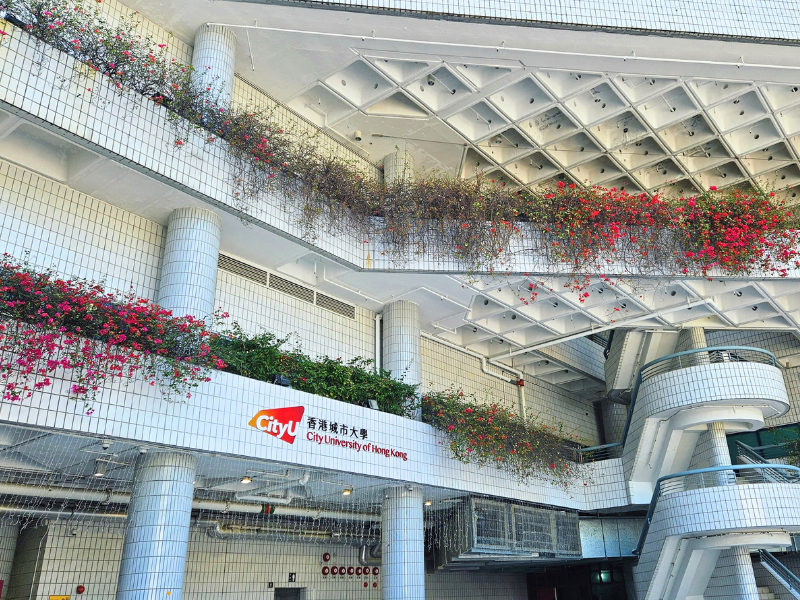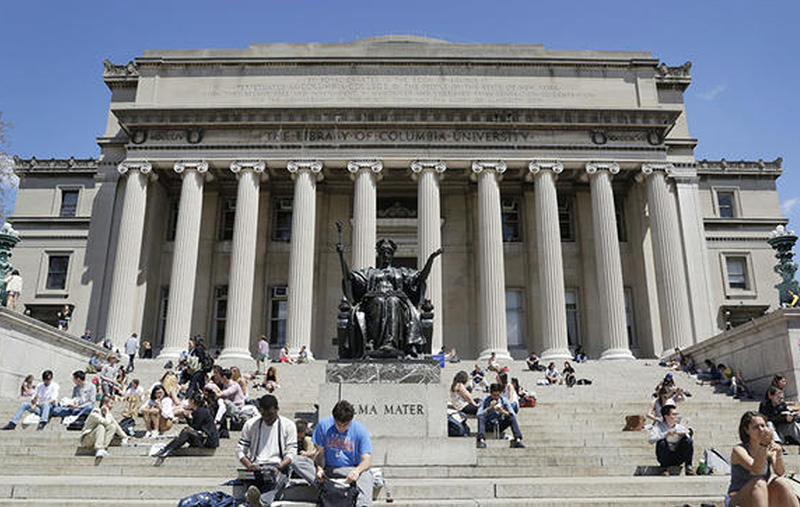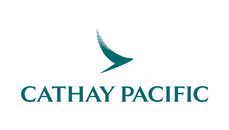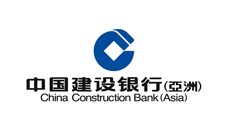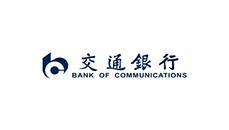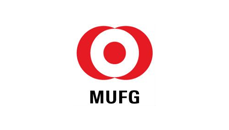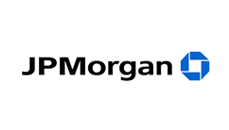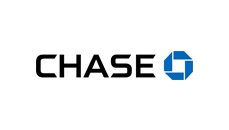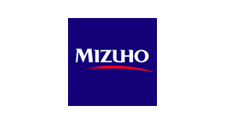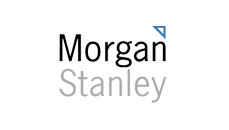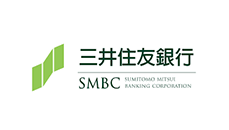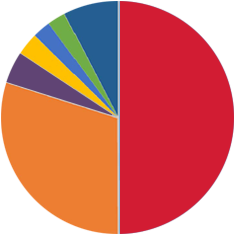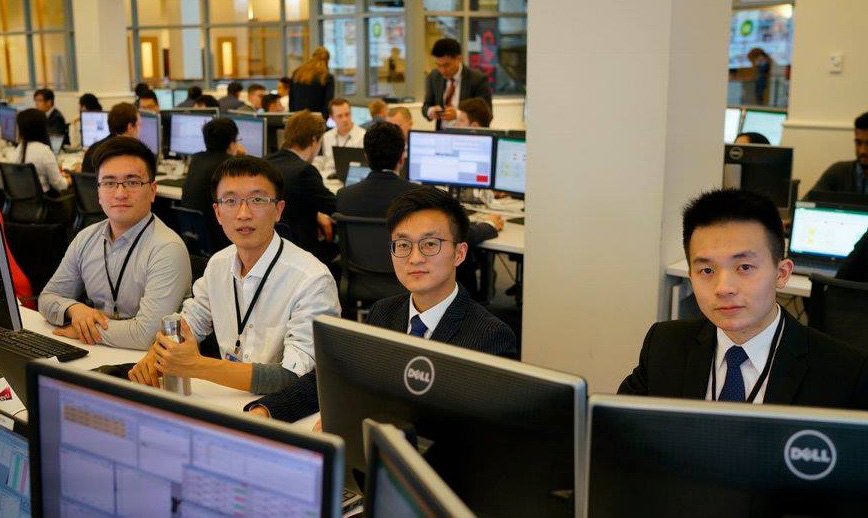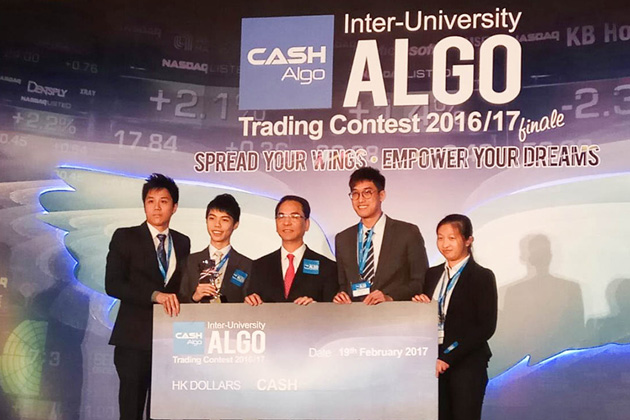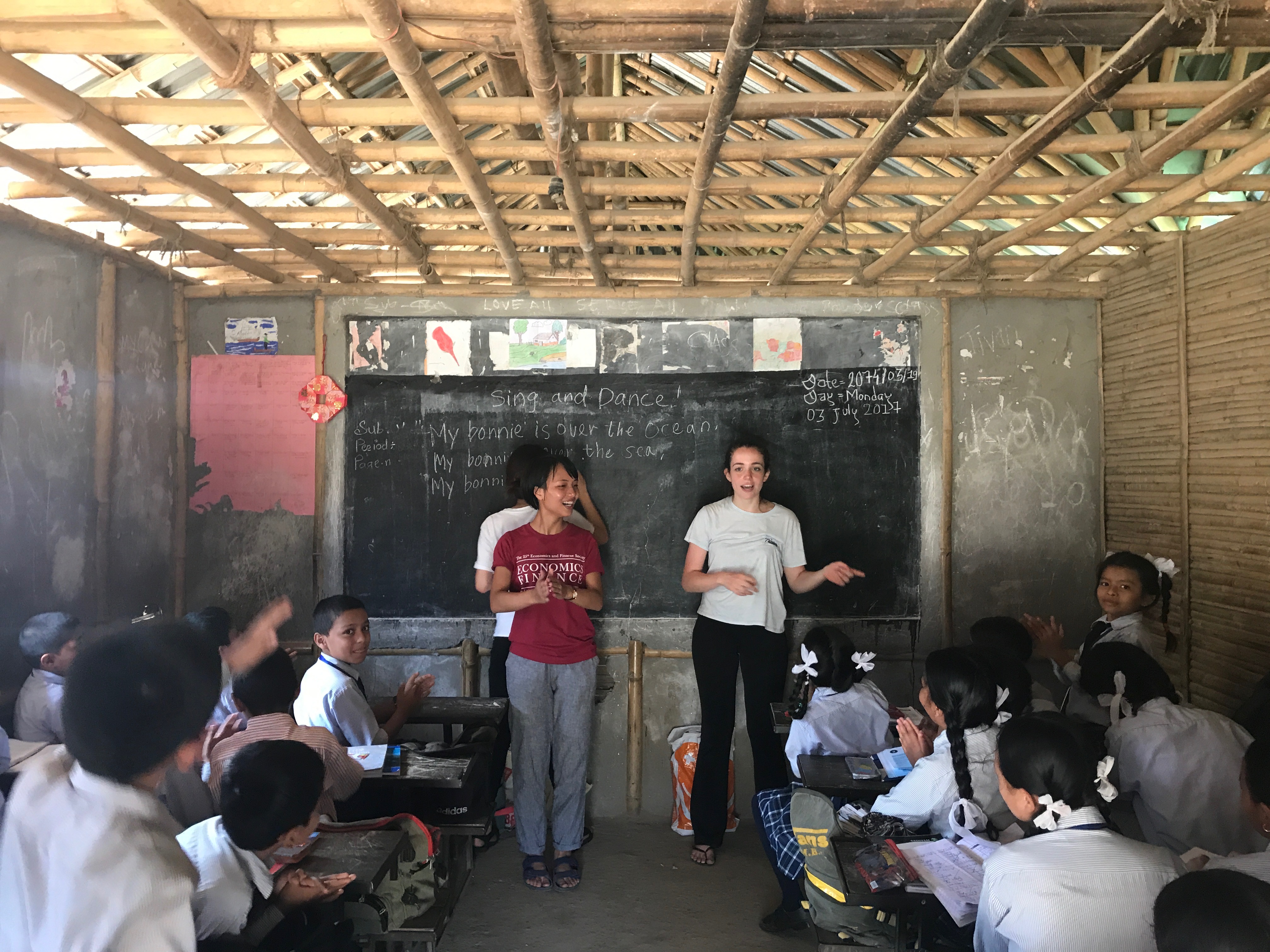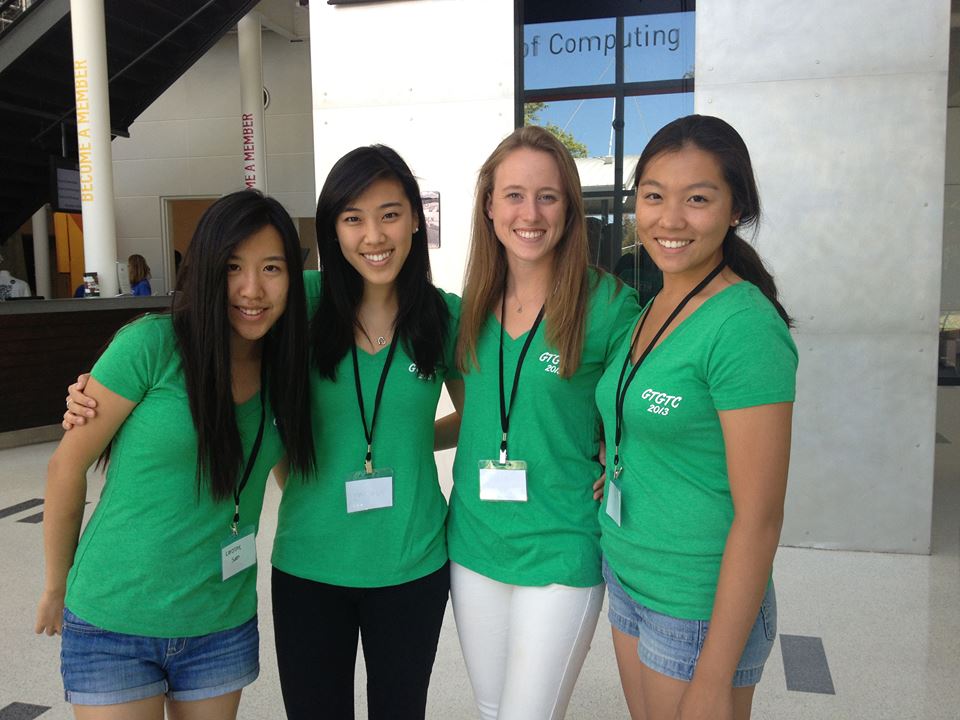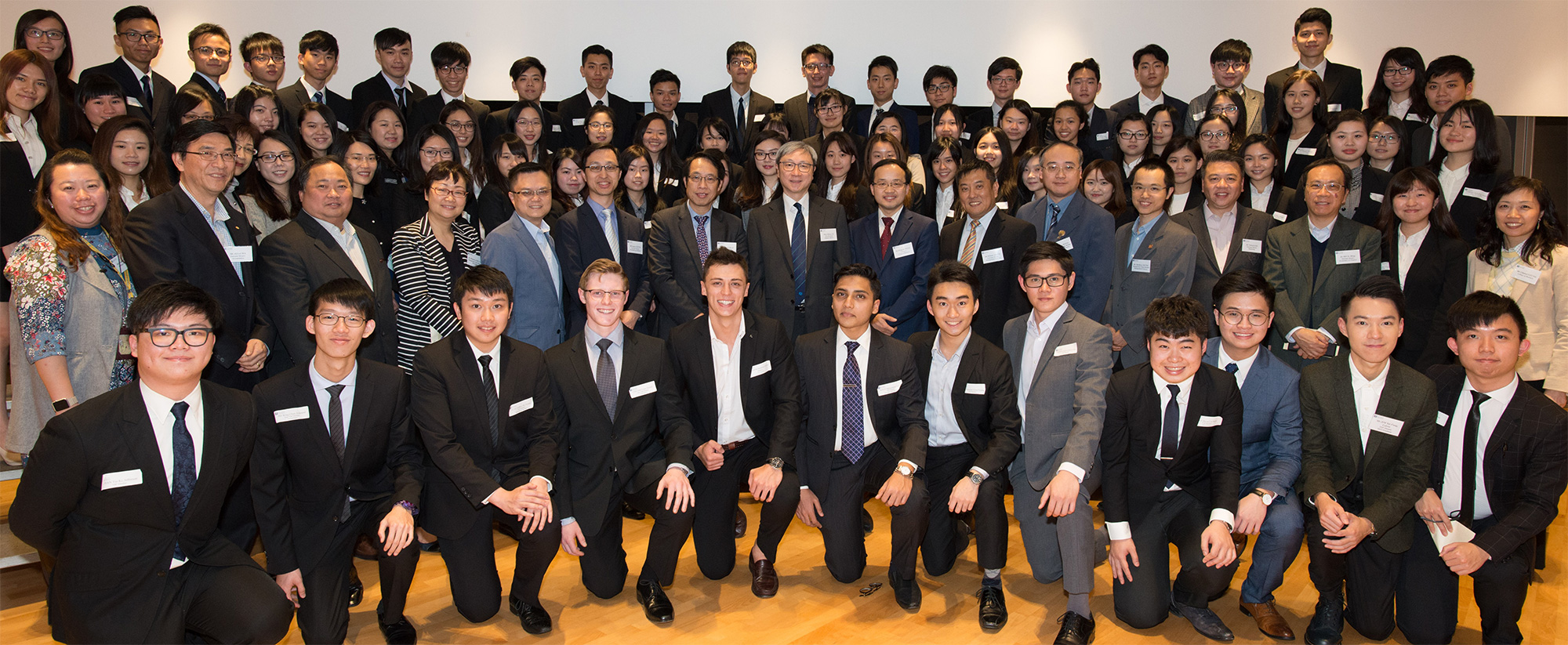BEng Electronic and Electrical Engineering

1585A
Local Places:
163 (For First Year and Advanced Standing I Entries; Tentative)* and
9 (For Senior Year Entry; Tentative)
Non-Local Places
(For Overall Direct Applications):
Around 400
2.5 Years (For Senior Year Entry)
M.Sc. (Essex, UK), Ph.D. (CUHK), MIEEE, Optica Member (formerly MOSA)
+852 3442 8444 (Phone)
+852 3442 0562 (Fax)
* for JUPAS and non-JUPAS admissions
The BEng Electronic and Electrical Engineering program at City University of Hong Kong offers a comprehensive education in the latest developments of the field. Led by expert faculty, our hands-on program covers topics such as wireless communications and data technology, microwave, terahertz and optical technologies, photonic, electronic, and sensor devices, and smart control and electrical power systems.
The program provides students with a sloid foundation in electronic and electrical engineering fundamentals while exposing them to the latest trends and developments. This prepares students for success in a rapidly evolving industry.
Graduates have a wide range of career opportunities. They can work in telecommunications, circuits and devices, energy and power, robotics, signal processing, designing and developing advanced electronic systems, and engaging in cutting-edge research projects. Others may choose to pursue higher degrees.
Entrance Requirements for Direct/Non-JUPAS Applicants
To be considered for admission, you must satisfy the General Entrance Requirements and have studied an engineering-related or a science-related discipline at a high school or post-secondary institution.
For senior-year (Advanced Standing II) admission, applicants are normally expected to have completed an Associate Degree/Higher Diploma with a cumulative grade point average (CGPA) of ≥3.0 or an equivalent overall mark, or a credit award in an engineering-related or science-related discipline.
For details of the programme curriculum structure, please visit the ‘Undergraduate Catalogue’.
This major aims to provide students with a solid education in advanced electronic and electrical technologies. Students will be exposed to the latest developments in:
1. Wireless communications & data technology
2. Microwave, terahertz & optical technologies
3. Photonic, electronic, & sensor devices
4. Smart control & electrical power systems
5. Bioelectronics & bioinformatics
Our programme will transform students into well-trained professional engineers, ready to thrive in a rapidly changing, knowledge-based economy. Throughout their training, students will be equipped with the skills, vision, and opportunities needed to advance in their career paths.
科技發展一日千里,隨著各類電子產品及機電建設的迅速發展,香港特區政府已將「第五代流動技術」和「智慧城市」定為其中兩個重點支持項目。本課程旨在為電子、通訊、機電及能源工程業培育專業工程師,學生將具備專業技術和視野,並能設計及應用不同電子、通訊、機電及能源系統,迎接新科技帶來的挑戰。內容主要教授電子及通訊科技知識,重點有(1) 無線通訊及數據技術;(2) 微波,太赫兹與光學科技;(3) 光電子及電子器件、感應器;(4) 智能管理及電機能源系統;及 (5) 生物電子及生物信息技術。
First-year core courses are introductory courses in electronics and electrical engineering. These courses aim to provide students with a solid background for more advanced courses in later years. They are supplemented with plenty of hands-on experience to teach students concepts and skills in analog circuits, digital circuits, and software programming. Upon completing these basic courses, students will advance to learn more complex subjects in their second and final years.
Core subjects include Principles of Communications, Logic Circuit Design, Electronic Devices and Circuits, Signals and Systems, Microcomputer Systems, Computer Programming, Systems and Control, Introduction to Electric Power Systems, Introduction to Electric Machines and Drives, and Applied Electromagnetics. Most core courses are supported by relevant laboratory work. Additionally, students will participate in a second-year “design project course” that offers opportunities to solve real-life problems and applications in an interdisciplinary and teamwork setting.
In the final year, students will choose technical electives that covering various specialized subject areas. Examples include Microwave Circuits for 5G Wireless Product Design, Fundamentals of Antenna Design, Mobile Data Networks, Optical Fibre Communications, Introduction to Integrated Photonics, Sustainable Energy Systems, Engineering Applications of Artificial Intelligence, and Data Engineering and Learning Systems. Students will also work independently on their Final Year Project, solving high-level technological problems. Those who wish to gain work experience before graduation may apply for the Professional Internship Program in their final year.
To maintain Hong Kong's competitiveness, the government has taken steps to boost technology-based, high-value-added services and industries. Electronic and electrical technologies are among the areas identified for focused support. Even in the banking, finance and business sectors, personnel with a solid background in technology are in great demand in this increasingly complex technological age.
Placement Schemes
In collaboration with industry, the Department aims to equip students early with real work experience before graduation through different placement schemes. We have Professional Internship Programme (PIP) of different durations (one-semester/two-semester/one-year), and two local and overseas summer placement opportunities namely Industrial Attachment Scheme (IAS) and Overseas Internship Scheme (OIS).
International Exchange and Summer Exchange Programme
Uplifting students' global outreach and international competitiveness through student exchange is one of the Department's goals. Since 2015, around 380 students have been sent out to top universities in Australia, Belgium, Canada, Czech Republic, Denmark, Finland, France, Germany, Italy, Japan, Korea, mainland China, Netherlands, New Zealand, Spain, Sweden, Taiwan, the UK and the USA for semester-long exchange and summer exchange. Unfortunately, due to COVID, the exchange programmes have been affected for years.
Student Learning Support Scheme
Student learning is always the Department's top priority, facilitated by the long-established Student Tutoring Scheme. The scheme aims to nurture good learning skills in our students, particularly during their first and second year with EE. Outstanding senior year students are selected to coach students on their studies through in-class or out-of-classroom support. The Scheme has successfully created a positive learning ambience among peers and has been well received among students.
Every year, some 60 scholarships worth over HK$ 1 million are granted to students of the Department of Electrical Engineering. Click here for more information.
Over the years, CityUHK Electrical Engineering students have won many top prizes in various international, regional and local competitions and award schemes. Click here for more information.
This Department offers four majors in Computer and Data Engineering, Electronic and Electrical Engineering, Information Engineering, and Microelectronics Engineering. All the long-established majors have been accredited by the Hong Kong Institution of Engineers (HKIE), while the design of Microelectronics Engineering curriculum is intended to obtain accreditation by HKIE. Based on the Washington Accord, graduates will receive reciprocal recognition from equivalent bodies in Australia, Bangladesh, Canada, China, Chinese Taipei, Costa Rica, Hong Kong-China, India, Indonesia, Ireland, Japan, Korea, Malaysia, Mexico, New Zealand, Pakistan, Peru, Philippines, Russia, Singapore, South Africa, Sri Lanka, Turkey, the UK and the US.
Largest EE department among local universities with 46 professors.
Ranked 20th worldwide and 1st in Hong Kong by subject in Electrical and Electronic Engineering (U.S. News Best Global Universities Rankings 2023); 11th worldwide and 1st in Hong Kong by subject in Electrical Engineering (Performance Ranking of Scientific Papers for World Universities, National Taiwan University Ranking 2023).
Six EE professors have been awarded the Teaching Excellence Award for eight times by the University.
A caring department emphasizing students' well-roundedness apart from their technical know-how through ample co-curricular activities.
Offering four undergraduate programmes, two taught master's programmes and two research degree programmes (currently around 1,400 students in total).
With the support from the Ministry of Science and Technology, State Key Laboratory of Terahertz and Millimeter Waves established in 2008 is the first such laboratory in engineering discipline in Hong Kong.
Laboratory space about 5,000 sq. meters.
+852 3442 7773 (Phone)
+852 3442 0562 (Fax)
elel@ee.cityu.edu.hk
On a selective basis
- November 2024 to July 2025
- Group and individual interviews
- English and Chinese
![[SEE] BEng in Environmental Science and Engineering](/admo/sites/default/files/2023-07/SEE%20EVE%20Cover.png)
![[SEE] BEng in Energy Science and Engineering](/admo/sites/default/files/2023-07/SEE%20ESE%20Cover.png)
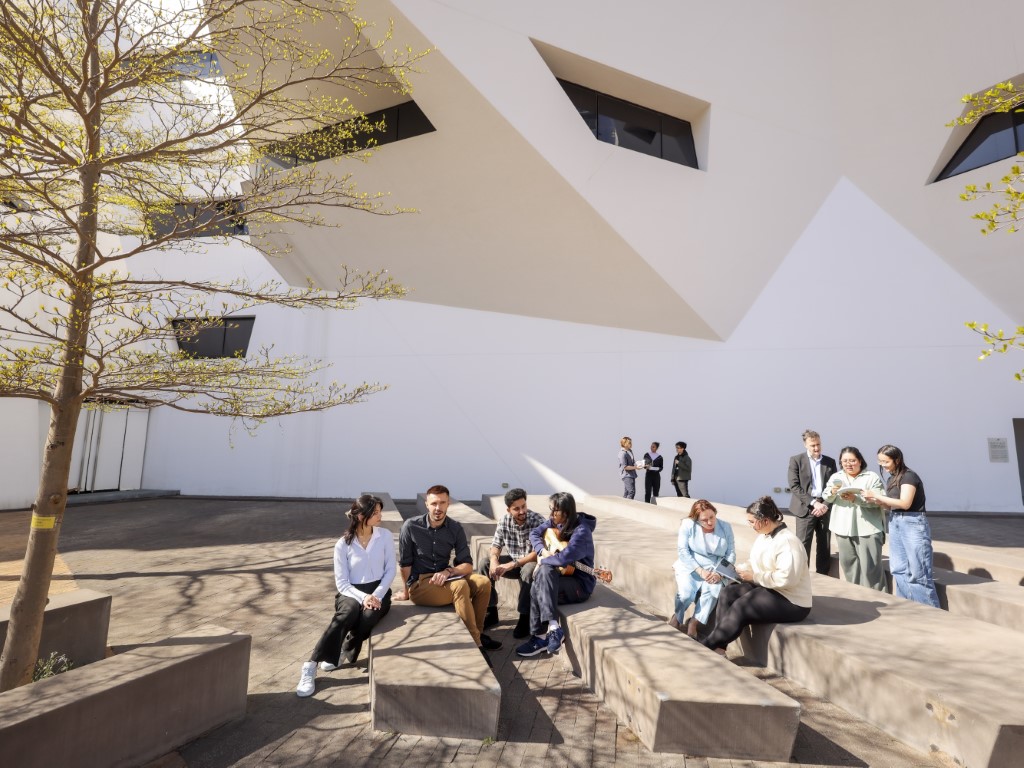

![[SEE] Energy and Environment: The Grand Challenge](/admo/sites/default/files/2023-07/SEE%20UG%20Prog%20Cover.png)
